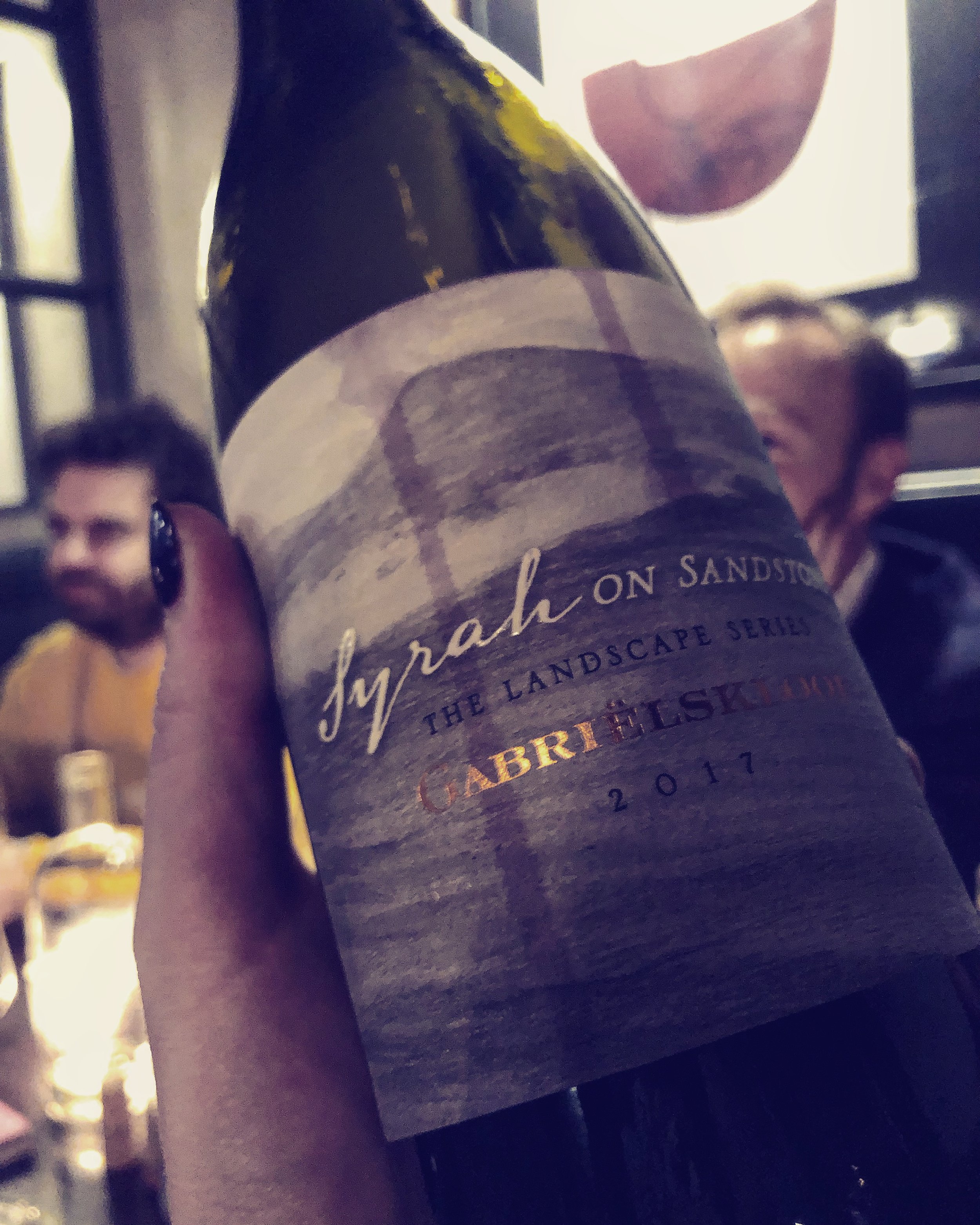Peter-Allan Finlayson on Terroir
Peter-Allan, P-A for short, is one of South Africa’s most talented winemakers. By that, I mean that he is one of the very best at conveying what the site in question gives us, to the final glass.
During a recent, particularly vinous “off duty” dinner at Noble Rot featuring older vintages of Leroy (say waaah), I stopped and got my notebook out because wine, after all, can be the lubricant to Great Chat, and this was an interesting one.
The wine that started this particular Great Chat was the Gabriëlskloof Syrah on Sandstone. It’s a really serious wine that totally bowled me over. Bright, savoury and pure with tons of energy and lift, with a lovely ever-so-subtle warmness on the mid palate that would otherwise land me right in Côte-Rôtie territory. There are gentle wild flower notes, violets and irises, with dried herbs and lots of peppery characters lifting the finish with a real oomph - particularly white and pink peppercorns shine through. There is less fruit as opposed to “other” characters here - rockiness and smoky reduction give the wine its shoulders, and there is an amazing, mouthcoating crumbly texture that definitely appears to come from somewhere.
But where? That is the question.
P-A begins by explaining that the sandstone creates vines with half the trunk diameter of the vines from the cuvee that sits on shale (the cuvee of which is named, funnily enough, Syrah on Shale) due to extra water stress. He believes this imparts more of these savoury notes onto the wine, particularly the pepper.
Meanwhile the shale cuvee has 30-50% clay in its soils, which means the plant grows faster, producing more dark fruited, earthy and inky wines, in a way comparable to Cornas.
He continues, “I often believe terroir is actually a question of absence. What is absent from the soil (nutrient deficient soils for instance) naturally means the grape pulls what is best out of it, and it struggles - this struggle brings those spicy notes to the forefront.”
“The vine expresses what it is grown on, and the salinity translates this in the glass.”
“Look at the Mosel. Those soils are extremely stressful - there is no matter there, and they stress the Riesling. This means you get the most out of Riesling as a variety - the roots push deeper and deeper as they struggle to survive.”
Peter’s wines are imported by Liberty.
